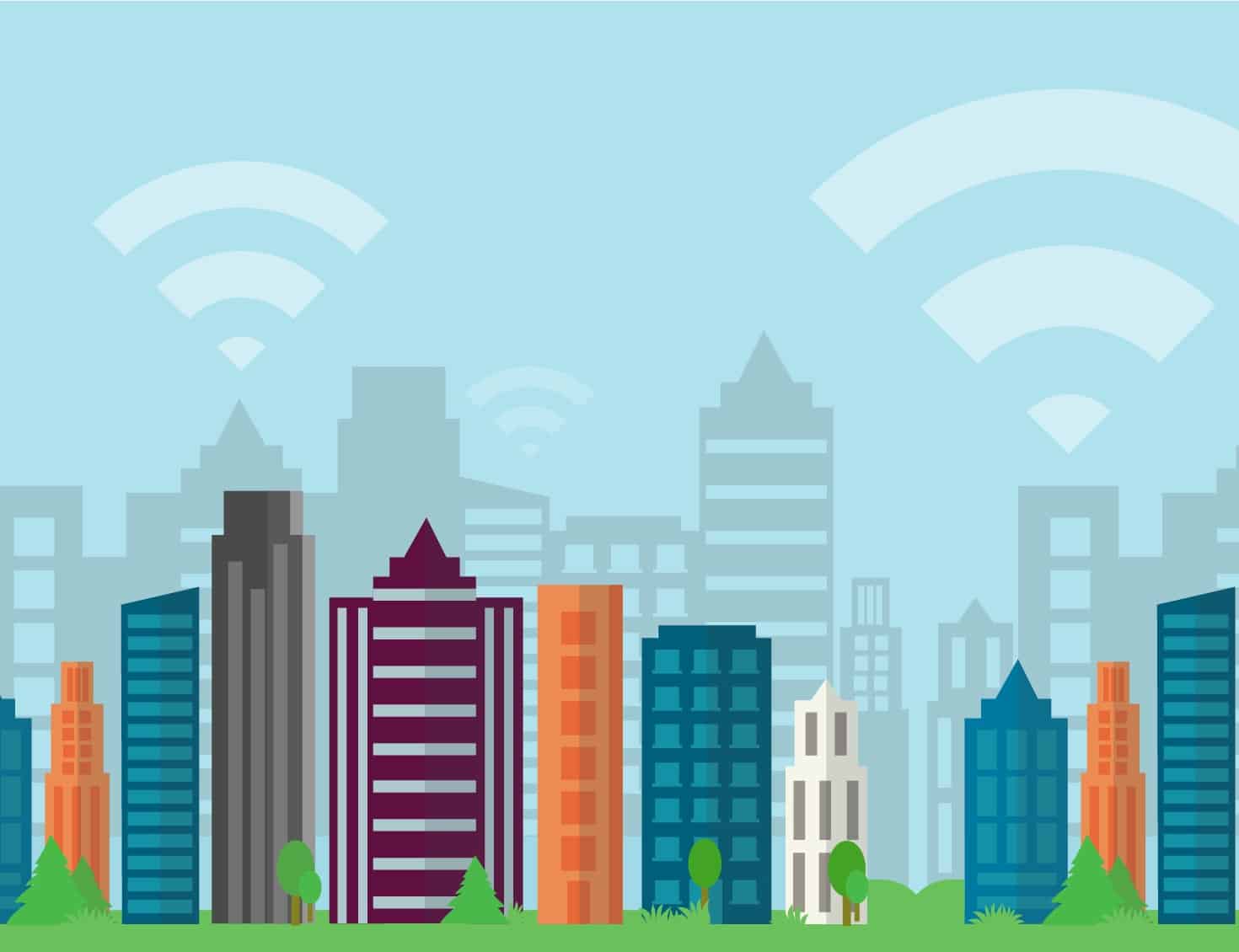Protecting Multi-Dwelling Unit Internet Data Flow Through Robust Cryptographic Protocols for Safeguard End-User Privacy and Information Accuracy
Protecting Multi-Dwelling Unit Internet Data Flow Through Robust Cryptographic Protocols for Safeguard End-User Privacy and Information Accuracy
Blog Article
Within today’s digital landscape, securing web data is more important than ever before, particularly in Multi-Dwelling Units (MDUs) such as flat buildings and condominiums settings. These settings often have numerous residents sharing the identical web service, which can lead to potential safety threats. To ensure that residents' confidentiality and information integrity are protected, it is vital to adopt strong encryption standards. Data encryption is a technique that scrambles information, making it unreadable to anyone who do not have the appropriate credentials to decode it. This procedure helps keep individual information safe from hackers and unapproved users.
One of the widely widely used coding standards is Secure Socket Layer (SSL) and its replacement, TLS Security (TLS). These protocols establish a secure connection between a user’s system and the internet, guaranteeing that all data exchanged remains private. When tenants in an MDU use sites that utilize SSL/TLS, their personal data, such as login credentials and payment billing numbers, is secured. This means that although when someone attempts to intercept the data, they would merely see a jumble of letters and numbers, rendering it almost unfeasible to understand. By encouraging the use of such protocols, see this site MDUs can greatly improve the safety of their residents' online actions.
Another important coding technique is Virtual Secure Tunnel (VPN) technology. A VPN creates a protected pathway for internet data, which protects users from invasive observers, particularly when using shared Wi-Fi networks. In an MDU, in which numerous tenants may connect to the identical service, using a VPN can assist ensure that individual internet actions stay private. This is particularly important for activities including internet banking or accessing confidential information. By promoting the adoption of VPNs among residents, MDUs can foster a safer online space and assist safeguard against data breaches.
Alongside these coding methods, it is vital for MDUs to educate their residents about the importance of cybersecurity. Many people may not be conscious of the risks associated with utilizing shared web services. Providing information on how to identify scam attempts, the importance of robust credentials, and the benefits of using encrypted websites can empower tenants to assume control of their online safety. Workshops or educational meetings can be effective ways to increase knowledge and encourage optimal habits for internet safety.
Ultimately, MDUs should consider working with web provider providers (ISPs) that emphasize security and offer enhanced coding features. By collaborating with ISPs that implement strong encryption protocols, MDUs can ensure that their residents have availability to protected web connections. This partnership can result to enhanced overall safety for the whole building, as well as increased confidence among tenants. By taking these steps, MDUs can establish a more secure online space, safeguarding resident confidentiality and data security in an increasingly connected environment.